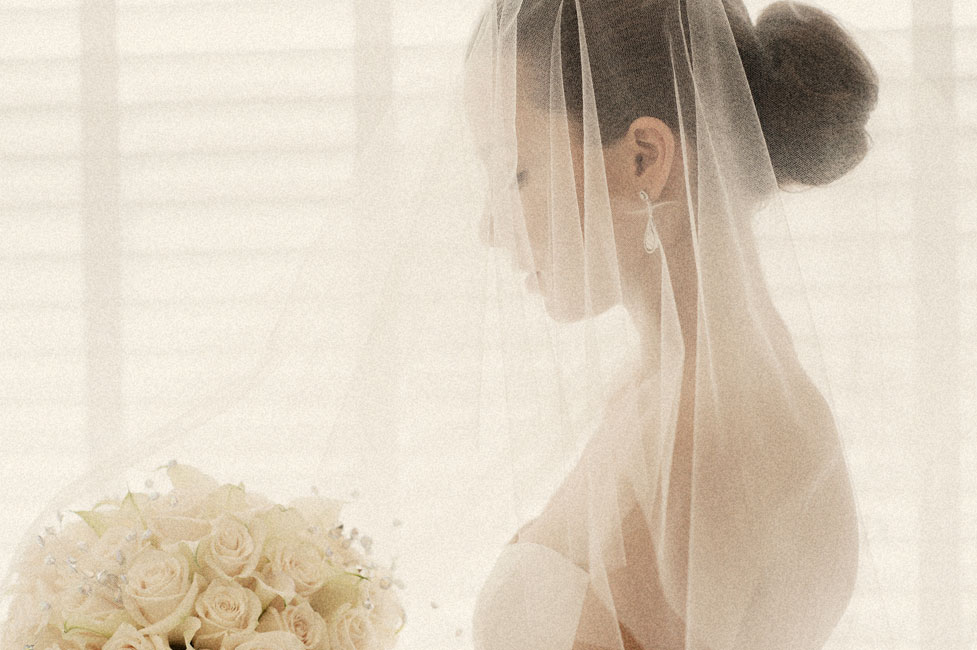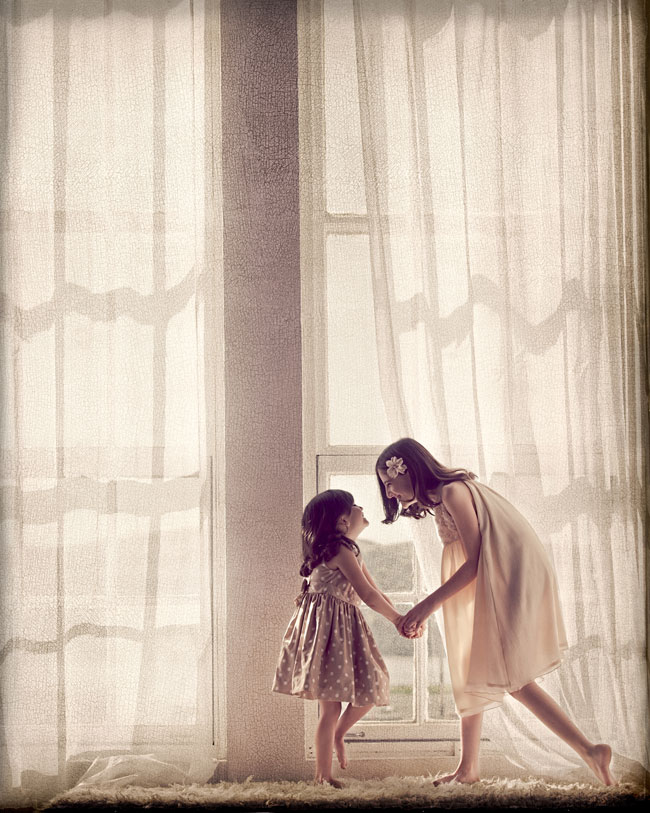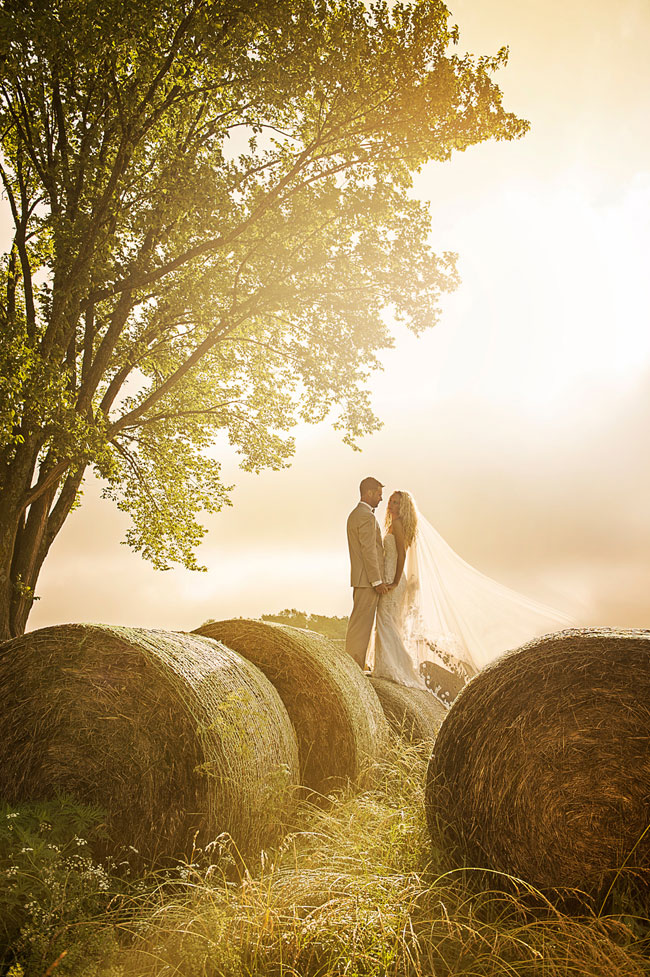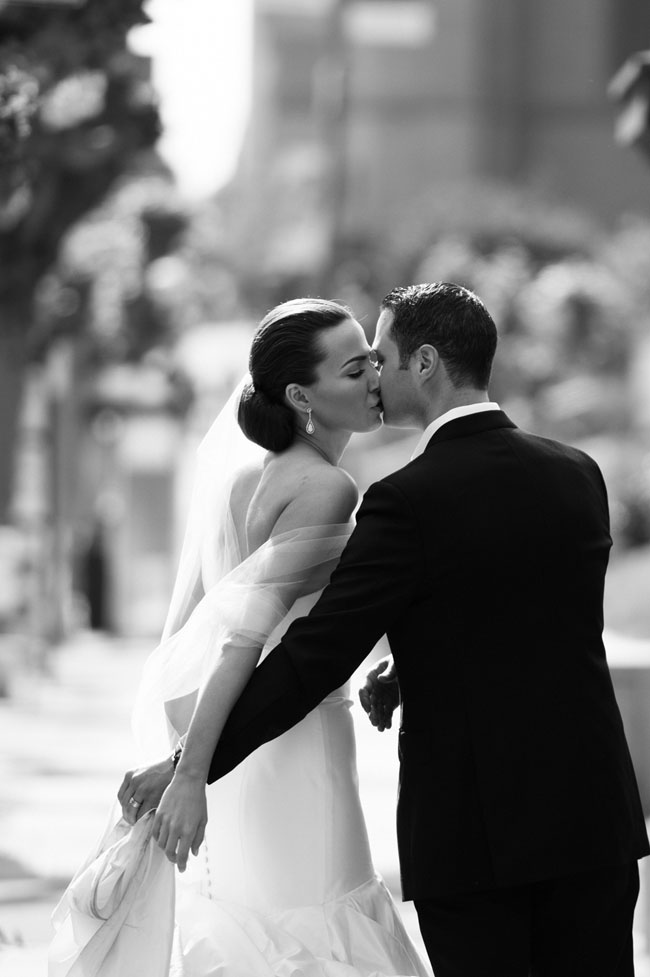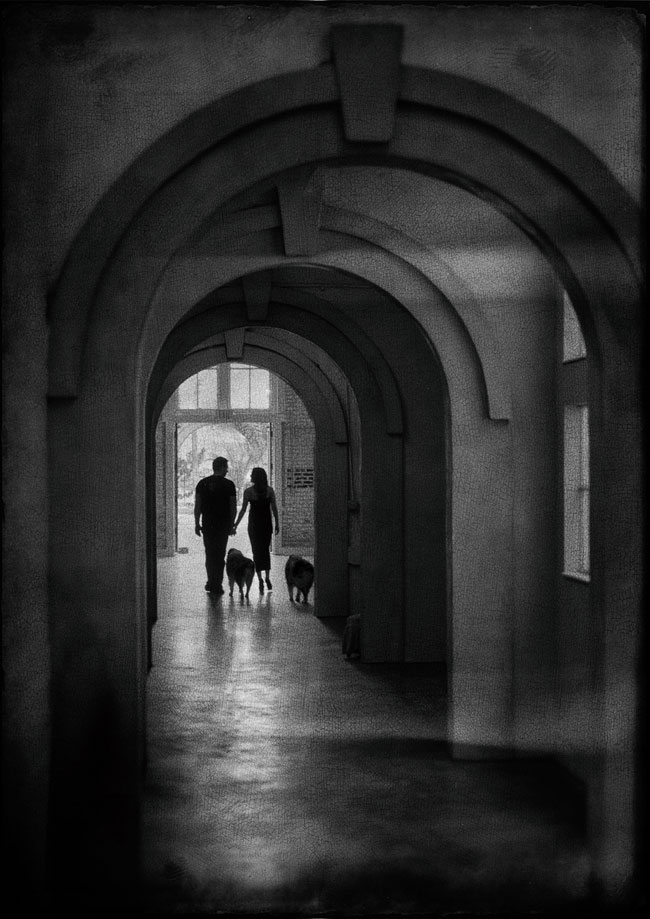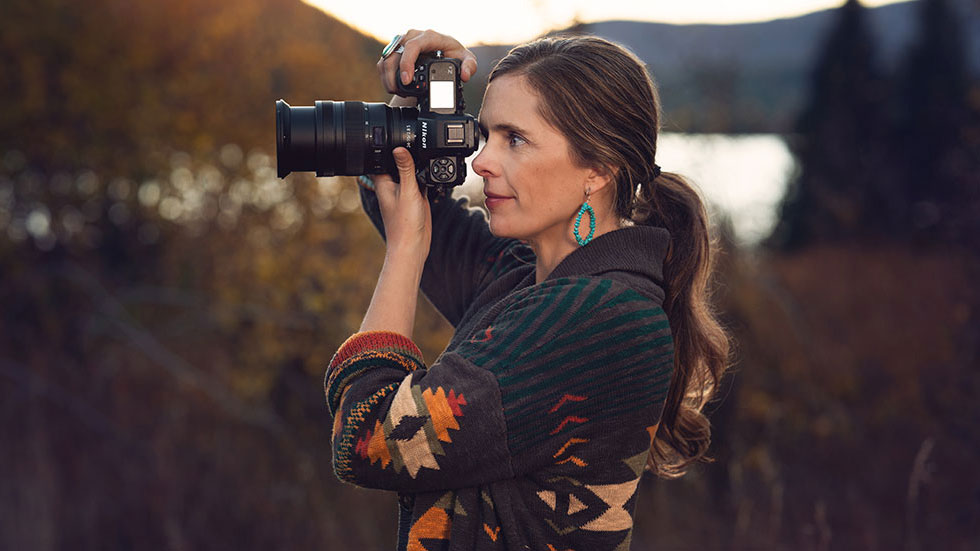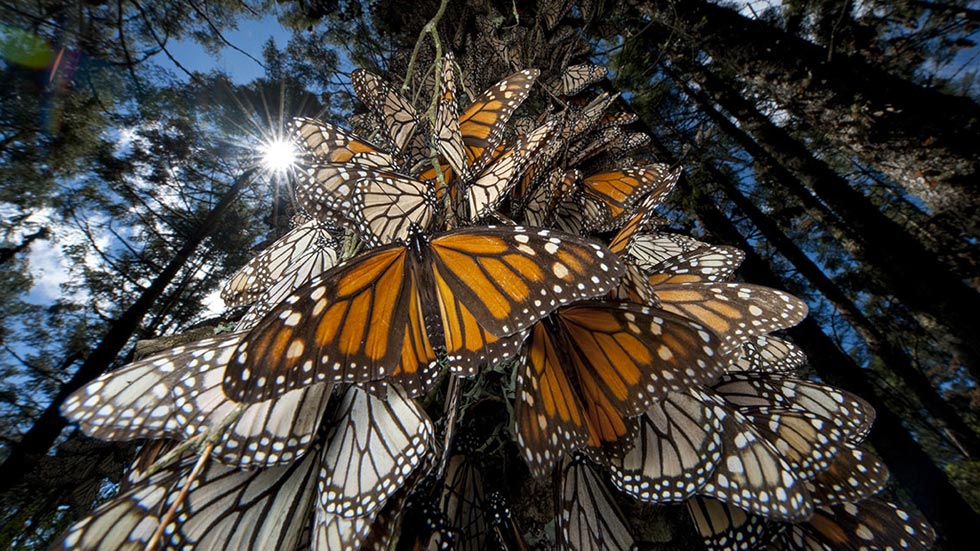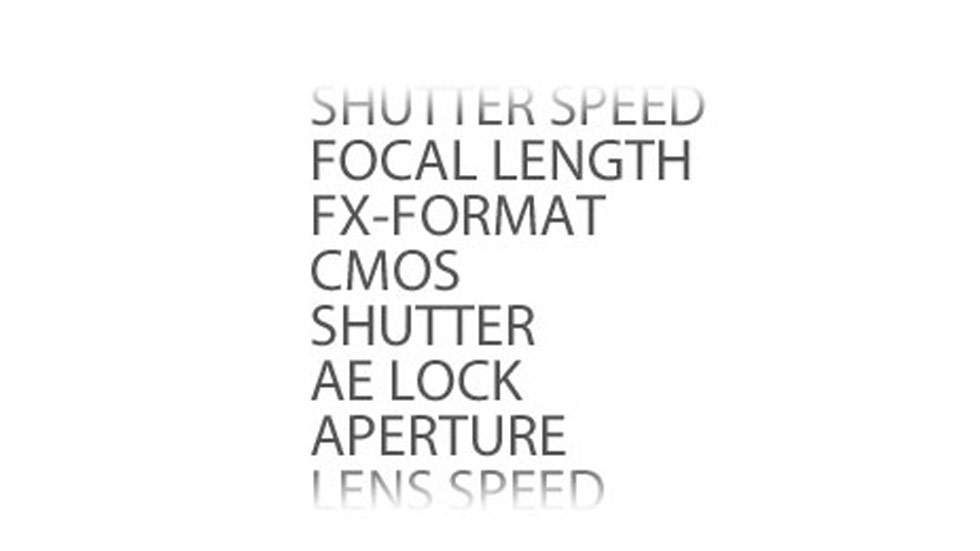Let the Sun Shine In!
Four tips for shooting in bright sunlight
For many people, the thought of photographing during the brightest time of the day in the direct sun is a "no-no." You know, we've all heard about the golden hour, the time just before sunset being the optimal time to take pictures. While I would agree that the golden hour is a terrific time to photograph, I believe it is important, and yes, fun, to photograph throughout the day no matter what the time. We have the ability to capture a very interesting mood if we use a few tools, and yes, the bright, beautiful sunshine.
All of the images pictured were taken either in the direct sunshine, or in a room with the sunshine streaming in. Here are a couple of things to keep in mind:
1. What is the subject and what mood do you want to convey?
In the case of the two young girls, I choose to take a light meter reading from their faces and expose the image for the detail on their faces. I wanted to be able to see their expressions, but keep the mood light and airy. By the way, one of the things I love about the Nikon D4S is that the meter in the camera is very accurate. I can always count on it to give me great results.
D4S, AF-S NIKKOR 70-200mm f/2.8G ED VR II, 1/320 second, f/5, ISO 100, manual exposure, Center Weighted metering
2. Lens flare can be a good thing.
During my photo shoot of the bride and groom out in the country with the hay bales, the sun was flaring into the lens of my camera. I choose not to avoid it, but use it to create a bit of warm mood. Again, I metered on the subject and exposed for them.
D4, AF-S NIKKOR 24-70mm f/2.8G ED, 1/640 second, f/5.6, ISO 100, manual exposure, Center Weighted metering
Sometimes I will expose for the subject, but then open up about a stop more, overexposing the subject. The bride looking at her bouquet is a great example of selective overexposure. Overexposing the bride and the window a bit kept the blinds from drawing too much attention away from the subject.
D4, AF-S NIKKOR 85mm f/1.4G, 1/400 second, f/3.2, ISO 200, manual exposure, Center Weighted metering
3. Use a backlit situation to separate the subject from the background.
When I photographed the bride and groom outdoors, I choose a camera angle that would allow the sunshine to illuminate the back of the subjects, thus separating them from the background. I again metered on the subjects and exposed for their faces.
D4, AF-S NIKKOR 70-200mm f/2.8G ED VR II, 1/800 second, f/2.8, ISO 100, manual exposure, Center Weighted metering
4. Create strong silhouettes
To create the silhouette of the couple with the dogs, I focused my lens on the subjects, and exposed for the background, thus making the subjects go dark.
D4, AF-S NIKKOR 70-200mm f/2.8G ED VR II, 1/100 second, f/3.5, ISO 250, manual exposure, Center Weighted metering

